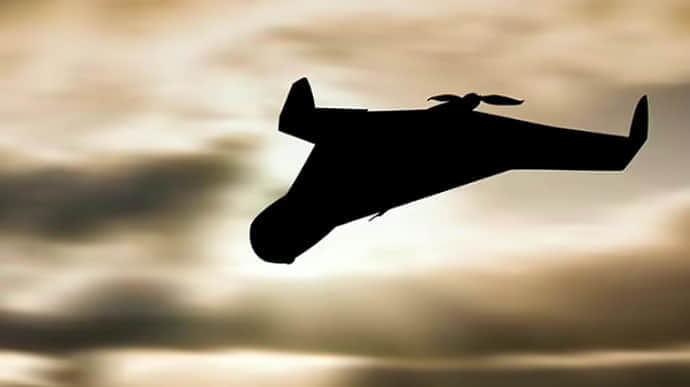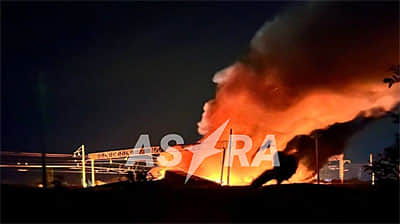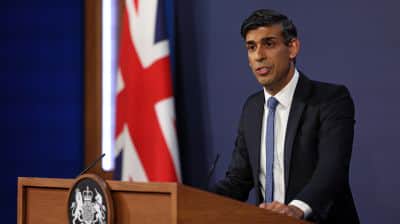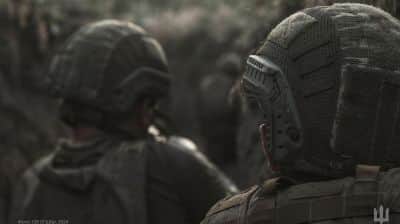Russians use Shahed drones to attack positions on firing line – ISW
Thursday, 18 January 2024, 05:18

The Institute for the Study of War (ISW) has observed an increase in the number of Shahed drones strikes on Ukrainian positions on the front line.
Source: Institute for the Study of War (ISW)
Details: In addition, a well-known Russian milblogger associated with the Kremlin claimed that Russian forces have recently intensified artillery and aircraft activities in the frontline areas.
Advertisement:
He also stated that the Russians struck rear areas in Kirovohrad, Kharkiv and Dnipropetrovsk oblasts.
Positional combat operations are ongoing across the entire front line, with no confirmed advances from either side.
To quote the ISW's Key Takeaways on 17 January:
- A Ukrainian intelligence official reported that Russian forces lack the necessary operational reserves to conduct simultaneous offensive efforts in more than one direction in Ukraine.
- Russian Security Council Deputy Chairperson Dmitry Medvedev reiterated on 17 January that the elimination of Ukrainian statehood and independence remains one of Russia’s core war aims.
- Ukraine successfully employed a Ukrainian-refurbished hybrid air defence system (FrankenSAM) for the first time.
- Germany and France announced additional military assistance to Ukraine on 16 January.
- The Russian ultranationalist community will likely concretise xenophobia and insecurities about Russia’s ethnic composition as key shared principles within the community in 2024, as Russian ultranationalists continue to seize on incidents involving migrants and non-ethnic Russian groups to call for anti-migrant policies and express growing hostility towards non-ethnic Russians in Russia.
- The Kremlin’s ongoing attempt to court the Russian ultranationalist community will likely generate increasing friction between the Kremlin’s desired rhetoric and policies concerning migration and interethnic relations and those of Russian ultranationalists.
- Significant protests erupted in Baymak, Bashkortostan Republic, following a Russian court’s guilty verdict for a prominent Bashkort activist, prompting a swift Russian government response as well as backlash from the Russian ultranationalist community.
- Widespread Russian milblogger complaints about an Uzbek community leader in Russia prompted the Russian Investigative Committee to open a criminal investigation, suggesting that the Russian government may feel increasing pressure to respond to milblogger demands as the ultranationalist information space coalesces around xenophobic and anti-migrant ideals.
- The Russian military command continues to convict Russian officers in cases associated with Ukrainian strikes as part of a likely effort to improve discipline across the Russian military.
- The Kremlin continues efforts to expand Russia’s influence in Africa through the Russian Ministry of Defence (MoD) and the MoD-controlled Africa Corps.
- The threat of US secondary sanctions is reportedly having a large-scale effect on Turkish-Russian financial ties.
- Positional engagements continued along the entire line of contact on 17 January.
- Ukrainian Main Military Intelligence (GUR) Representative Andrii Yusov confirmed that Russian authorities are increasing the size of the Rosgvardia contingent in occupied Ukraine to strengthen occupational control.
Support UP or become our patron!







